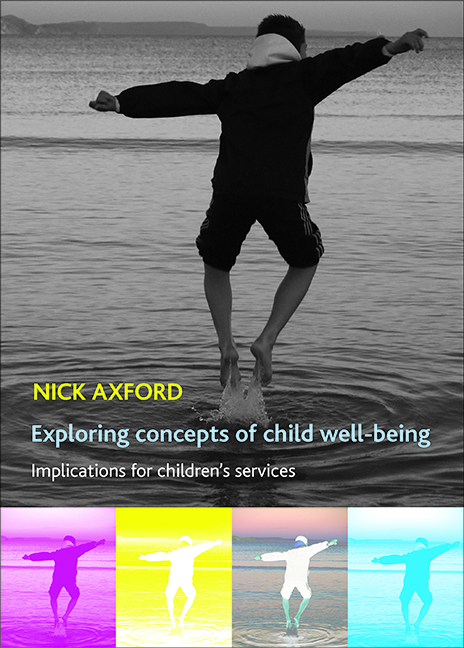Summary
Philosophers going back to Aristotle have struggled to articulate the meaning of ‘the good life’, and since the Garden of Eden scholars have conjured up visions of ‘utopia’. The popular media seems obsessed with how the human existence can be enhanced, be it humorous depictions of assorted attempts to cheer up residents in Britain's officially most miserable town (the BBC television series Making Slough Happy) or earnest magazine columns on the ‘science of happiness’. The term ‘quality of life’ (QoL) is often at the heart of such discussions and appears in common parlance and in technical settings, bridging the worlds of popular magazines, political rhetoric and academic journals. It represents a global assessment of the human life experience (Smith, 1977) and reflects the natural inclination of human beings to evaluate the quality of their existence (Hopkins, 1992); in one study, for example, fewer than 1% of respondents said that they had never assessed their overall QoL (Andrews, 1974).
The actual term ‘QoL’ was popularised in the 1960s by US Presidents seeking to trumpet their administration's success and show an interest in the electorate. It was Lyndon Johnson, for example, who proclaimed in 1964 that ‘the Great Society is not concerned with how much, but with how good – not with the quantity of the goods, but with the quality of their lives’ (cited in Day and Jankey, 1996, p 40, emphasis added). Since then, the profile of QoL concerns has been elevated by sociocultural trends such as environmentalism and a dawning recognition of the limits of wealth. This has stimulated a focus on measuring positive well-being and strengths or quality in people's lives and reorientating policy and practice to that end (eg Pollard and Rosenberg, 2003; Marks and Shah, 2005; Seligman, 2005; Jordan, 2006a, 2006b).
Concept
QoL has diverse conceptual and operational representations, particularly in the fields of philosophy, development economics, medicine and ecology (Nussbaum and Sen, 1993; Renwick and Brown, 1996). It is a somewhat elastic term (Roche, 2001), covering topics such as relationships, health, material and financial circumstances, and leisure activities (Bowling, 1995; Farquhar, 1995). Together with the potential conflict between personal taste and universal values, these factors make QoL a complex concept to define and measure.
- Type
- Chapter
- Information
- Exploring Concepts of Child Well-beingImplications for Children's Services, pp. 59 - 72Publisher: Bristol University PressPrint publication year: 2008



